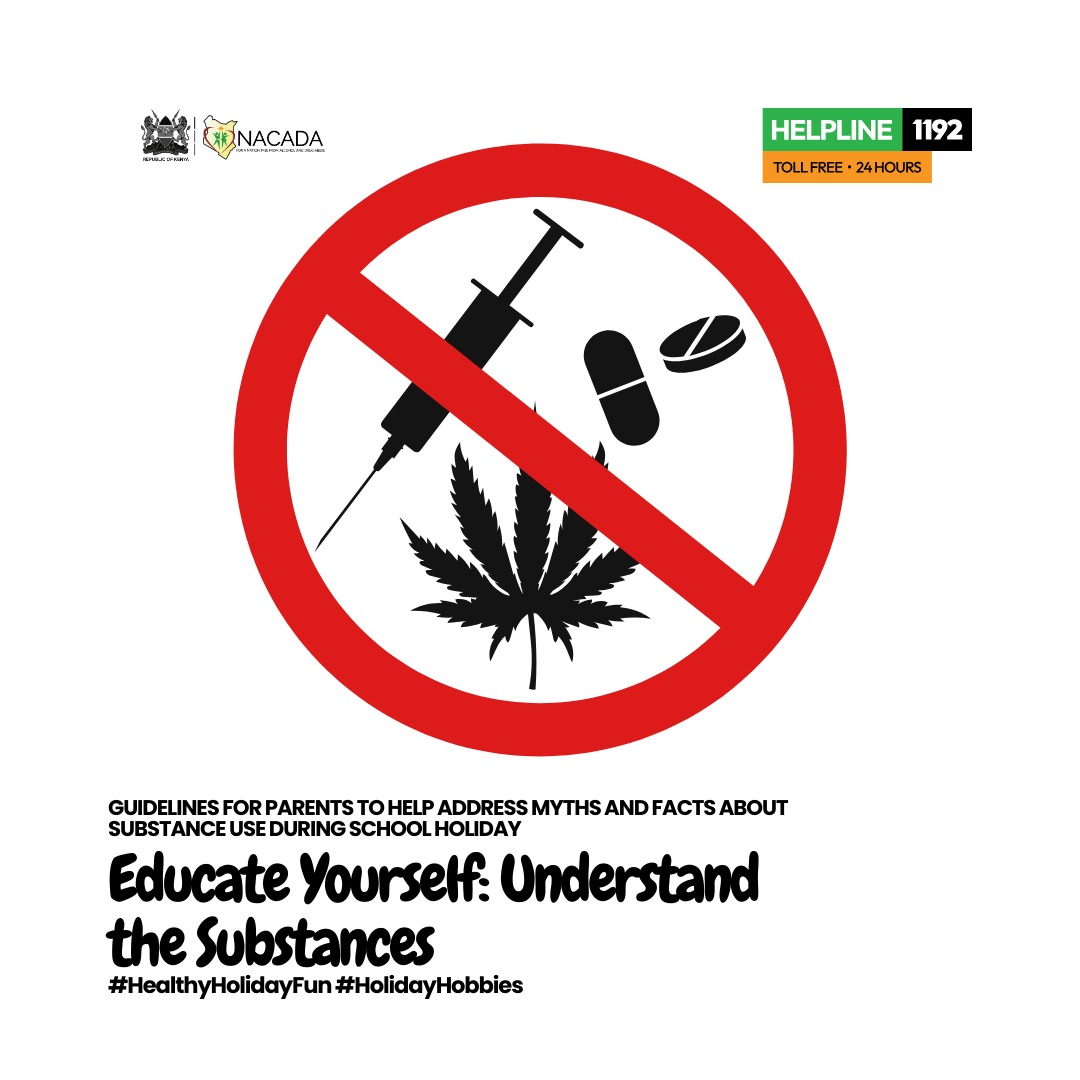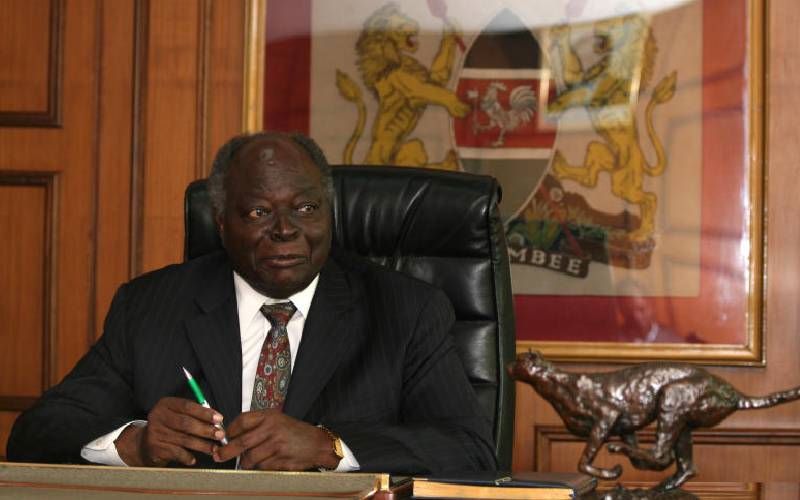TBK at 100: Interesting facts about tea industry in Kenya that you didn’t know

The Tea Board of Kenya (TBK) is celebrating 100 years of existence this year to mark milestones achieved so far in the tea industry.
Established in 1924, TBK is tasked with guiding the development, promotion, and regulation of the tea industry in Kenya.
TBK is currently holding a Heritage Week at Karatina University to celebrate the cultural, historical, and social aspects of Kenyan tea.

Here are some interesting facts about tea in Kenya that you should know;
Types of tea
There are six major types of tea grown and consumed globally. The six types include black tea, purple tea, green tea, white tea, yellow tea and oolong tea.
Black tea is the most processed and most popular type of tea in the world. TBK says approximately 90 per cent of the tea consumed worldwide is black. It is derived from the leaves and buds of the Camellia Sinensis plant. The leaves undergo full oxidization giving them the black colour.
Purple tea is a type of tea derived from the leaves, buds and shoots of a crossbreed variety of the Camellia Sinensis plant, the plant from which black tea, green tea, yellow tea, white tea and oolong tea are derived.
Green tea is a type of tea derived from the leaves, buds and shoots of the Camellia Sinensis plant but is not fermented.
White tea, the most expensive tea in the world, is harvested once a year before the tea leaves are fully opened. White tea is the least processed type of tea, only undergoing withering and drying after plucking.
Yellow tea is a type of tea derived from the leaves, buds and shoots of the camellia sinensis plant species.
Oolong tea is derived from the leaves, shoots and buds of the Camellia Sinensis plant and is partially oxidized. It contains a significant amount of caffeine and has a sweet flavour.
Billions tea brings home
Kenya’s tea sector is one of the country’s leading foreign exchange earners, contributing about 23 per cent of total foreign exchange earnings and two per cent of agricultural GDP.
TBK estimates that Kenya produces over 450 million kilograms of tea every year, generating more than Ksh120 billion in export revenue and Ksh22 billion in local sales.
The industry directly and indirectly supports approximately five million people, with an estimated 650,000 smallholder tea farmers depending on tea production, making the sector one of the country’s most important industries.
Counties where tea is grown commercially
Commercial tea in Kenya is grown in 19 counties that include Nakuru, Narok, Kericho, Bomet, Nyamira, Kisii, Kakamega, Bungoma, Vihiga, Nandi, Elgeyo Marakwet, Trans-Nzoia, Kiambu, Murang’a, Nyeri, Kirinyaga, Embu, Tharaka-Nithi, and Meru.
Myths on discovery of tea
So many myths surround the discovery of tea, but one stands out.
According to Chinese mythology, ea was discovered accidentally in 2737 BC, when leaves from a nearby bush fell into water that a Chinese emperor, Shen Nung, was boiling for drinking. Ever since, a tea-drinking habit has spread throughout the world in the past 5,000 years, making tea the most popular beverage after water.
In Kenya, the first tea seedlings (Camellia sinensis) were introduced by the white settlers in 1903 in Limuru (Kiambu County) on an experimental basis. Some of these tea bushes have grown into large trees, forming a historical feature on what is now Unilever’s Mabroukie Tea Estate.
TBK stats
Currently, in Kenya, there are 141 tea factories, two auction organisers, 12 tea brokers and four management agents.
Author
Francis Muli
Francis Muli is a passionate digital journalist with over seven years of experience in crafting compelling stories across various platforms. His major focus is in business, politics and current affairs. He brings a keen eye for detail and a commitment to uncovering the truth. He has contributed to leading publications across the country. When not chasing stories, you can find Muli exploring new technologies, attending local events, or reading fiction. Connect with Francis Muli on X @FMuliKE and Facebook (Francis Muli) to follow his latest stories and insights.
View all posts by Francis Muli
















